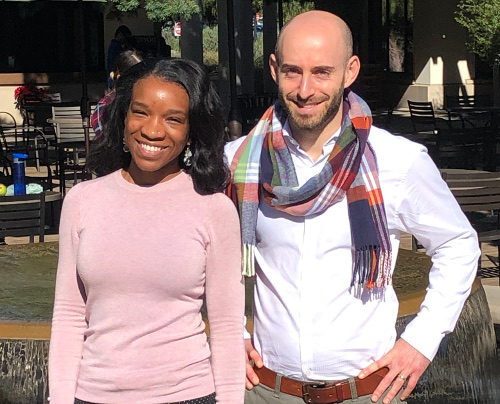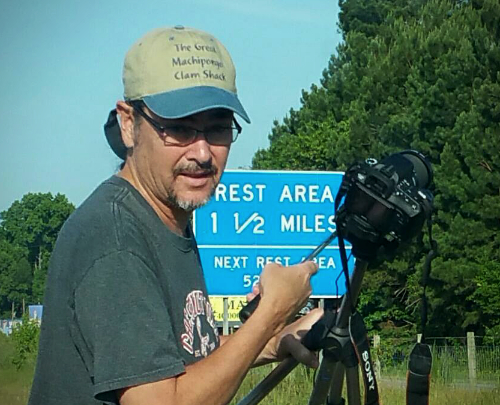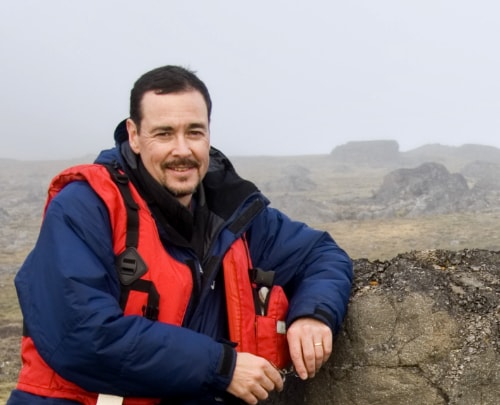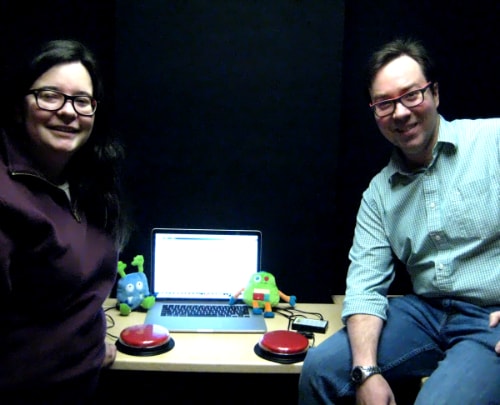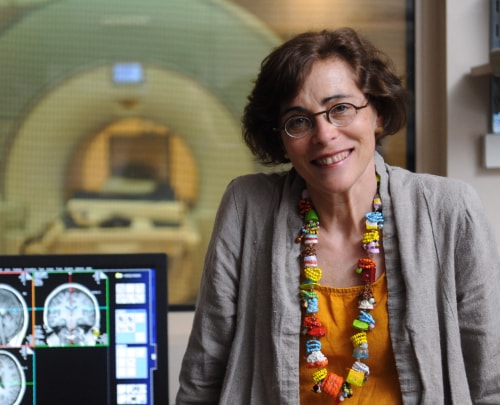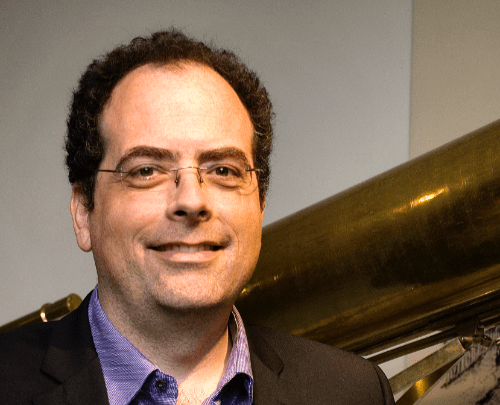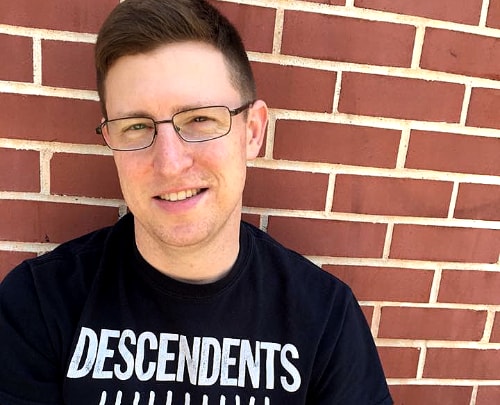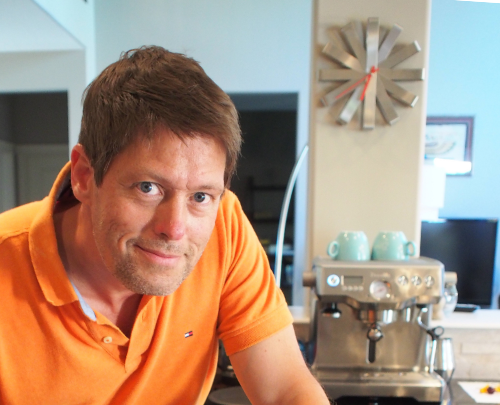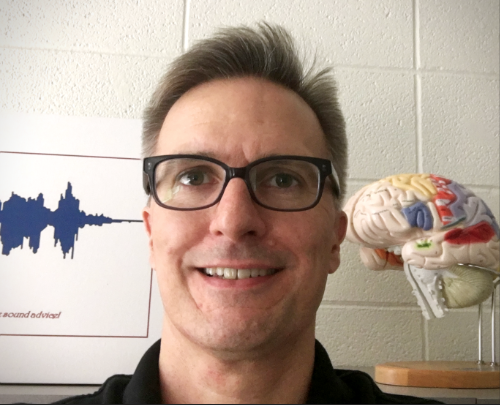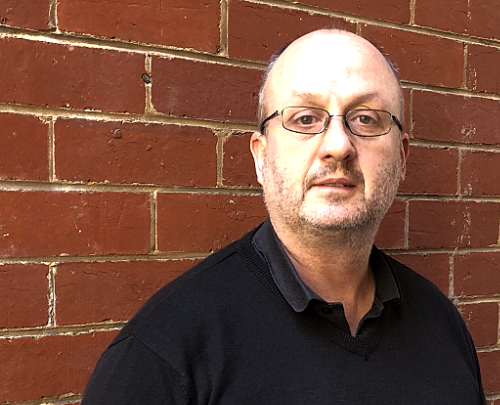9
Jan 2019
Can cognitive biases and heuristics regarding race influence U.S. Supreme Court decisions? In episode 40, Jonathan Feingold and Evelyn Carter from the University of California, Los Angeles (UCLA) discuss the sometimes selective use of social science research by U.S. Supreme Court Chief Justice Wil...
25
Dec 2018
While we often associate archaeology with the study of cultures whose eras have long-since come and gone, artifacts from the recent past can tell us about culture as well. Part one of our conversation with P.J. Capelotti from Penn State University Abington concerned terrestrial archaeology. In par...
11
Dec 2018
Ordinary objects from the recent past often hold secrets about our cultural history. In episode 38, P.J. Capelotti from Penn State University Abington talks with us about the history, archaeology, and anthropology of exploration as he writes about it in his recent book Adventures in Archaeology: T...
27
Nov 2018
What can the chance discovery of an illusion tell us about how our eyes and brains work together? Ben Balas from North Dakota State University talks with us in episode 37 about his research into the Flashed Face Distortion Effect, an illusion in which normal faces – when rapidly presented in peopl...
13
Nov 2018
Might our brains have greater plasticity than commonly thought? In episode 36, Marlene Behrmann from Carnegie Mellon University, discusses her 3-year longitudinal investigation of a young boy who had the region of his brain which recognizes faces removed, but regained this ability through neural p......
30
Oct 2018
Almost lost to history, these toys quite literally put quantum mechanics at one’s fingertips. In episode 35, Jean-François Gauvin from Université Laval in Canada discusses how he came to understand the purpose and value of unique toy blocks that ended up on his desk at Harvard University in 2014 a...
16
Oct 2018
Because 98% of the human genome doesn't serve a direct role in gene expression, many biologists have long thought of them as nothing but "junk DNA." But might they hold the key to helping stem the formation of deadly cancers? In episode 34, Mike Feigin from Roswell Park Comprehensive Cancer Center...
2
Oct 2018
Can we put the brakes on cancers' ability to metastasize? In episode 33, John Lewis from the University of Alberta talks with us about his research into inhibiting cancer cell movement and metastasis through genomic targets. His open-access article "Quantitative in vivo whole genome motility scree...
18
Sep 2018
Can auditory errors and illusions better help us understand how the brain works? In episode 32 Mike Vitevitch from the University of Kansas talks with us about his research into the cognitive mechanisms underlying the Speech-to-Song auditory illusion. His open-access article "An account of the Spe...
4
Sep 2018
While various vertebrates have been taught to learn humans' concept of "zero," might too honey bees, even though their brains have thousands of times fewer neurons? In episode 31 Adrian Dyer from RMIT and Monash University in Australia talks with us about his work first teaching bees to count and ...

